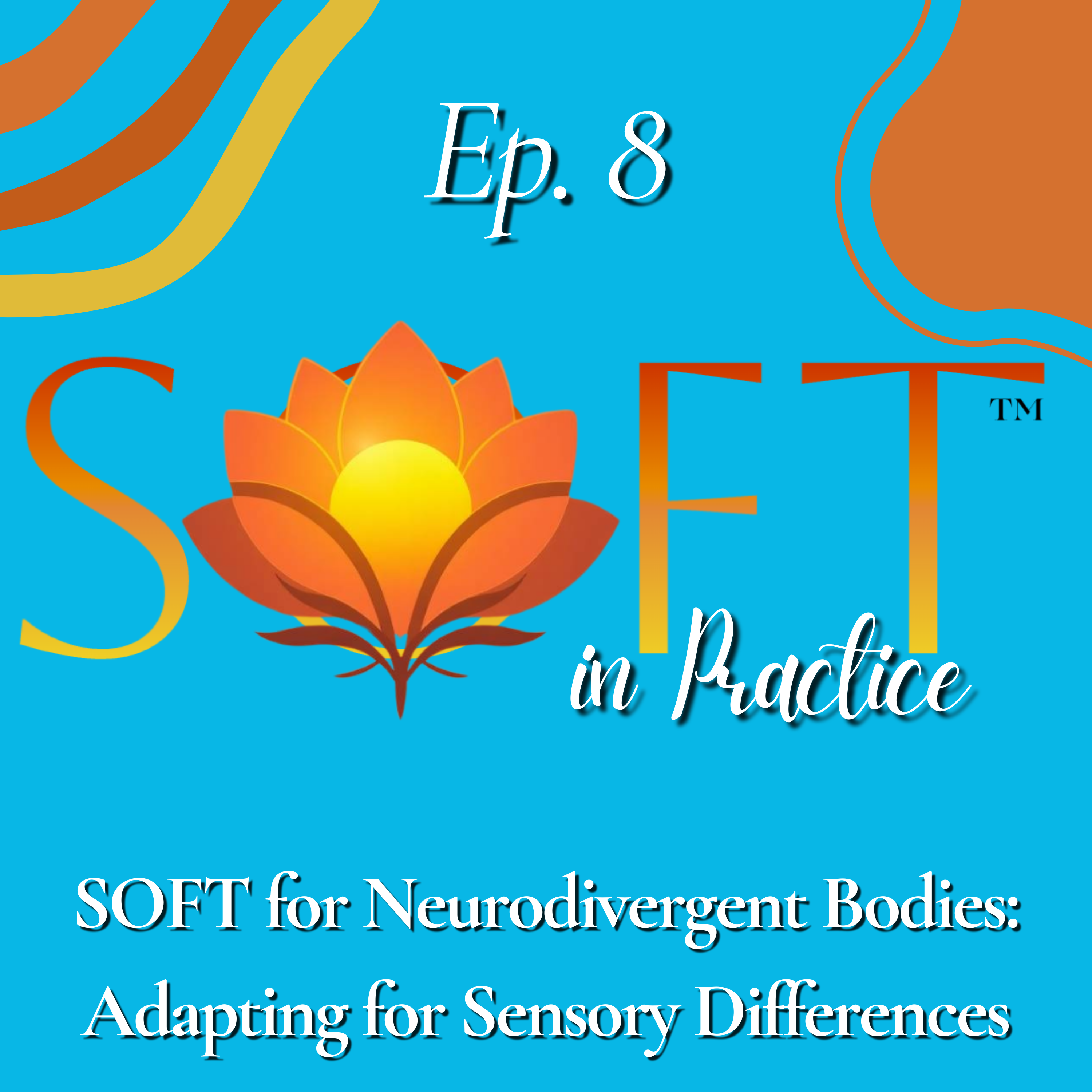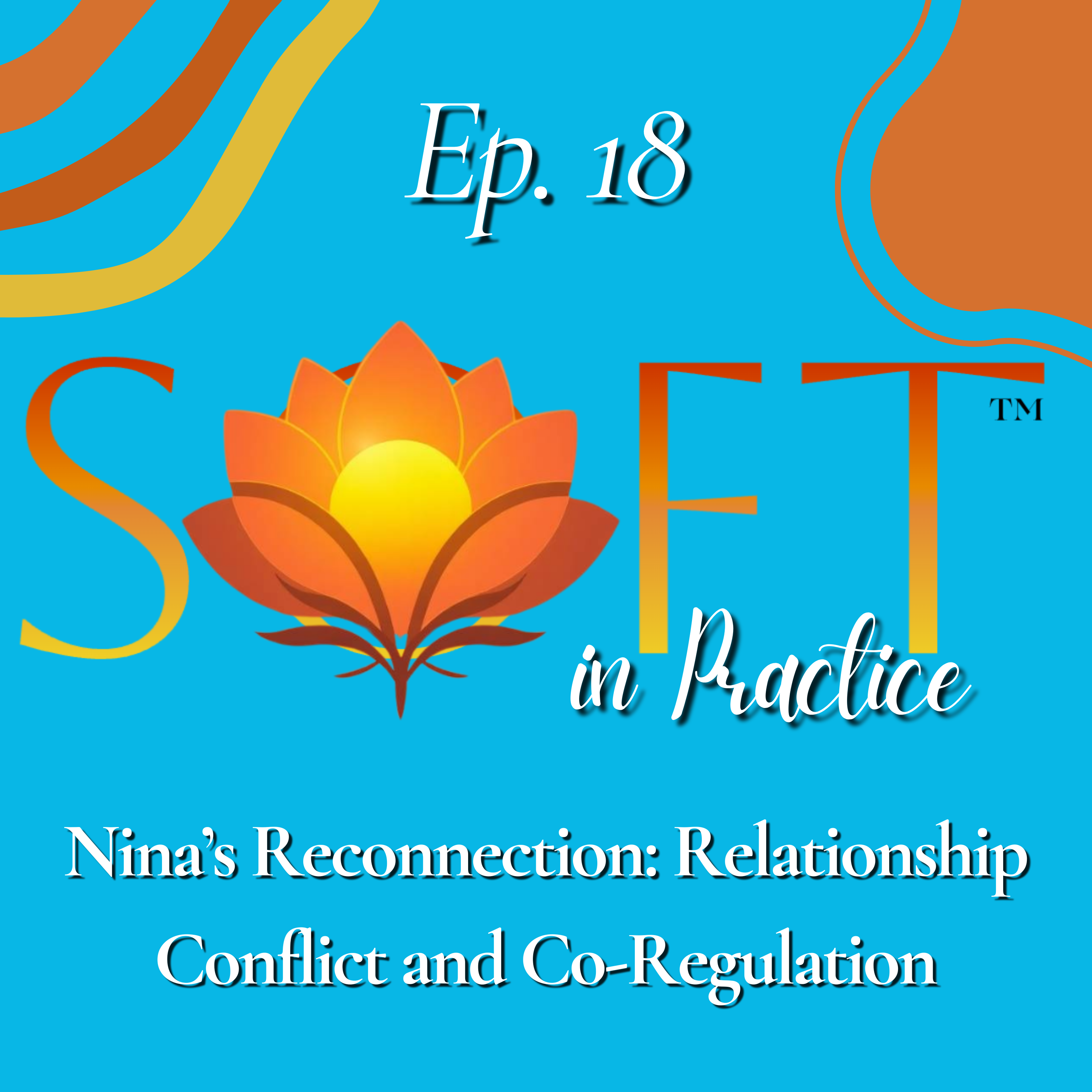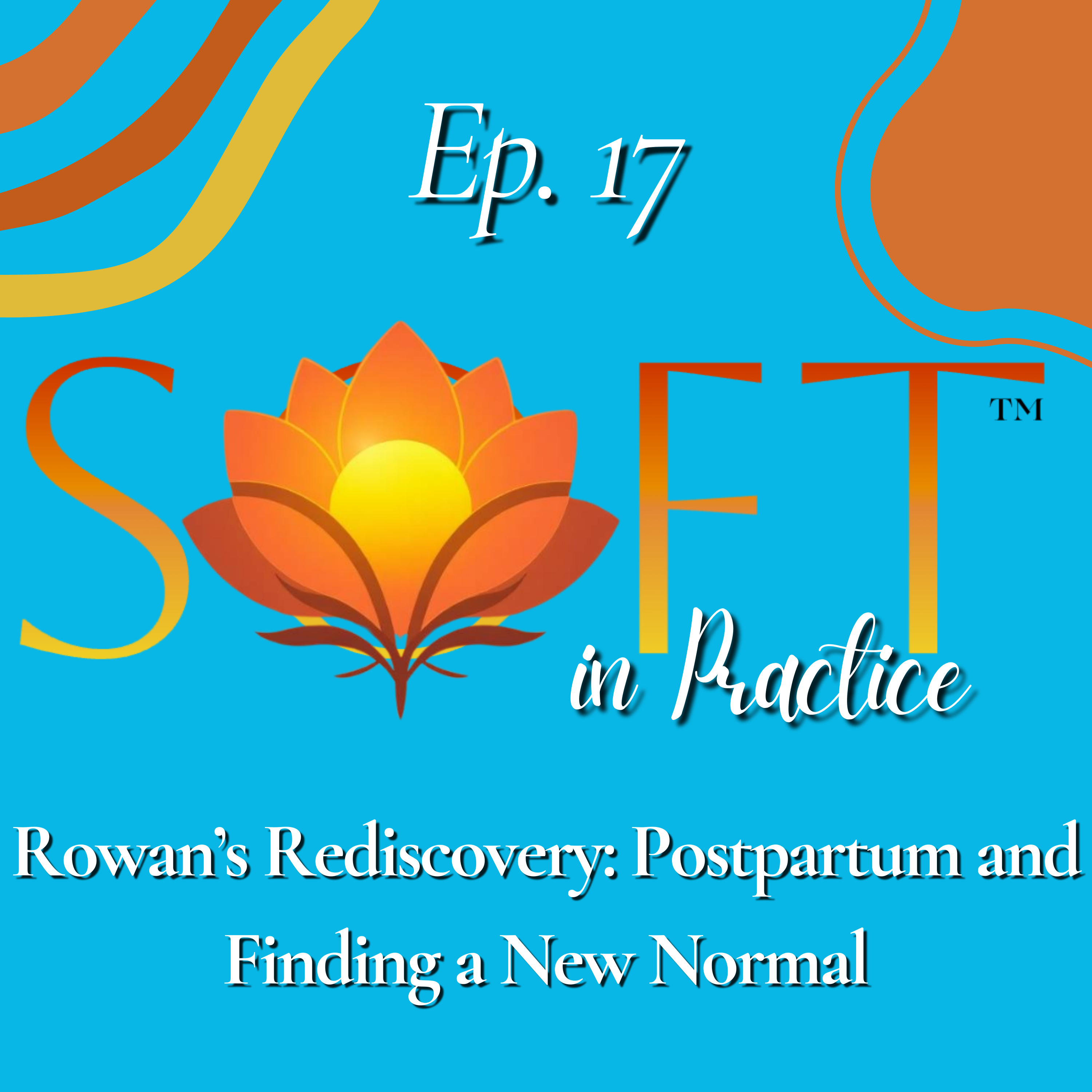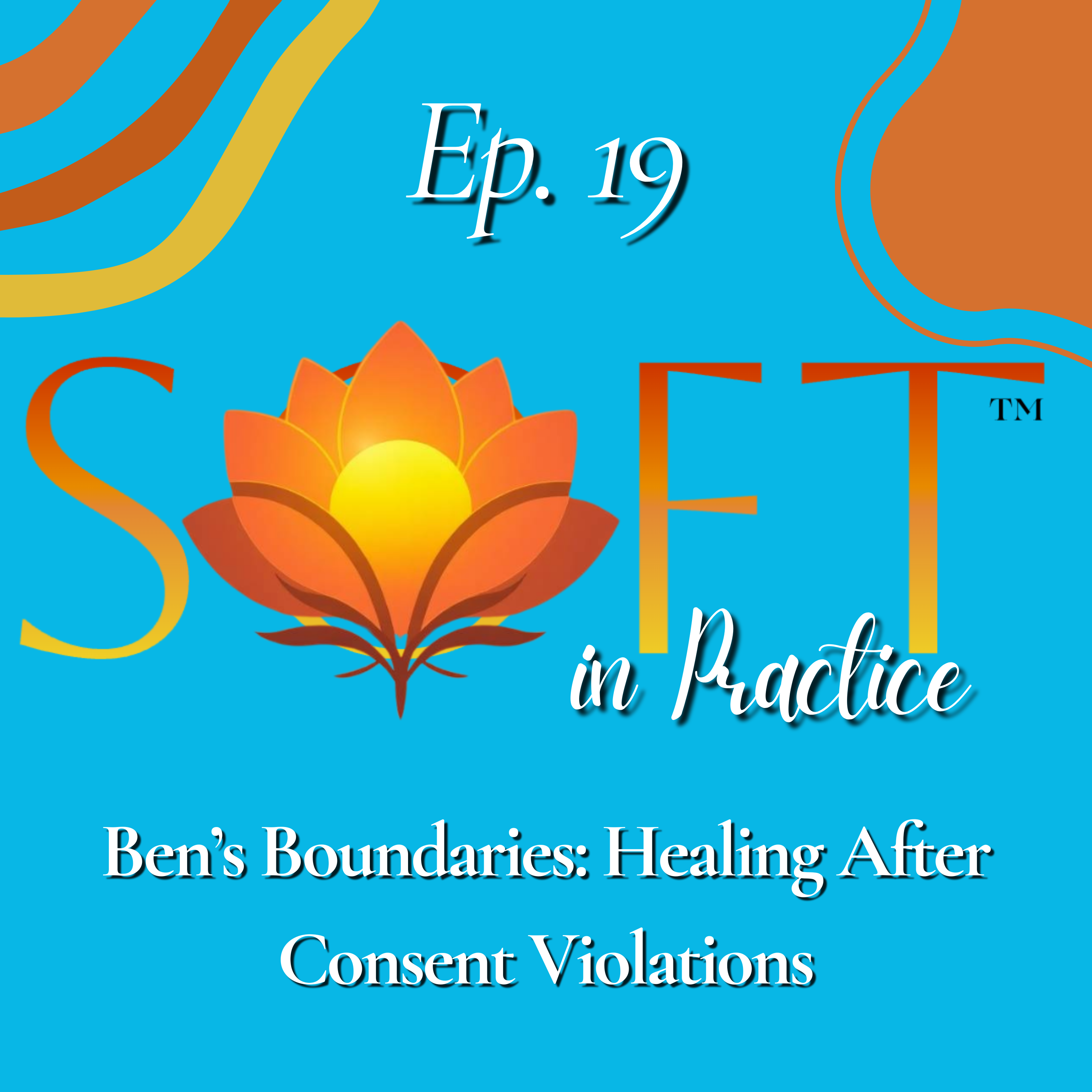Episode Transcript
Neurodivergent bodies experience the world in unique ways.
Autism, ADHD, and other forms of neurodivergence often bring differences in sensory processing, attention, and body awareness.
Traditional approaches to bodywork or healing may not always feel accessible or safe.
For some, being asked to notice sensations can feel overwhelming, confusing, or even impossible.
The SOFT approach honors neurodiversity.
It recognizes that there is no single right way to sense or heal.
Everyone’s body has its own language and needs.
Protective patterns in the fascia may develop in response to sensory overload, masking, or pressure to conform to neurotypical expectations.
These patterns might look like muscle tension, shutdown, stimming, or even numbness in certain areas.
Instead of expecting the body to fit a standard mold, SOFT adapts to meet you where you are.
If movement, fidgeting, or stimming helps you regulate, these are welcomed as wisdom—not distractions.
You are invited to use tools, textures, or objects that feel comfortable, such as weighted blankets, soft fabrics, or fidget devices.
If it is hard to pay attention for long, short intervals are encouraged.
Breaks are part of the practice.
Consider this example.
A nonbinary autistic person feels overwhelmed by traditional body scans.
They use a weighted blanket and keep the lights dim during SOFT practices.
Sessions are short and predictable.
Instead of trying to feel every sensation, they pick just one area to notice, or use gentle movement to help their body feel safe.
Over time, their fascia begins to soften.
Their comfort with touch and self-awareness grows.
A simple SOFT practice for neurodivergent bodies is micro-noticing.
Pause for a moment.
Pick one area—maybe a hand, foot, or cheek.
Notice any sensation, texture, or temperature.
If it feels good, you can move, rock, or use a favorite fidget.
There is no pressure to stay still or focus for long.
Every way of sensing is valid.
SOFT supports you in building a relationship with your body that honors your neurotype, your needs, and your preferences.
Healing is personal.
There is no right or wrong way to experience your fascia or your nervous system.
With curiosity and adaptation, SOFT makes space for all bodies—including yours.



